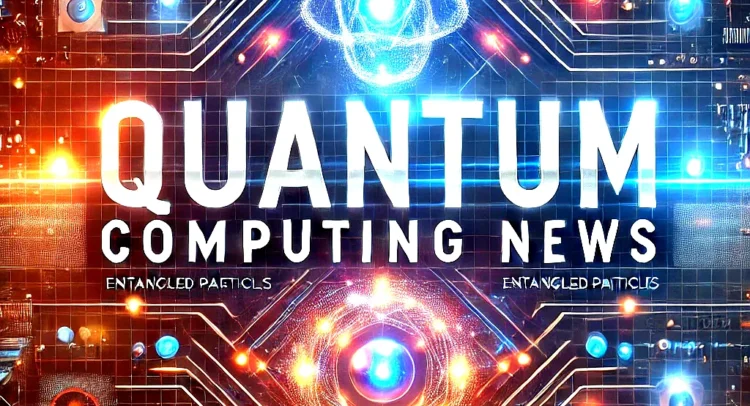Quantum computing continues to pick up speed, with this week bringing updates on consensus frameworks, Asia-Pacific hardware moves, funding in China, and a new roadmap for reaching quantum advantage. For investors following companies like IonQ (IONQ) and firms aligned with quantum cybersecurity and AI infrastructure, these developments show both technical progress and growing institutional interest.
Elevate Your Investing Strategy:
Take advantage of TipRanks Premium at 50% off! Unlock powerful investing tools, advanced data, and expert analyst insights to help you invest with confidence.
BTQ Technologies Unveils Quantum-Secure Blockchain Consensus
We begin with BTQ Technologies (BTQQF), which has launched Léonne, a new blockchain consensus framework designed to address the long-standing blockchain trilemma: scalability, security, and decentralization.
Léonne replaces energy-hungry proof-of-work and centralized proof-of-stake with a mathematically driven “proof-of-consensus” model that uses trust-based partitioning. The system also integrates quantum-grade tools, including quantum key distribution (QKD), quantum random number generation (QRNG), and advanced topological modeling.
The modular design supports real-time consensus at scale and is positioned for integration with existing blockchain systems and future quantum hardware. BTQ plans to begin pilot programs later this year.
IonQ Partners with Emergence Quantum to Strengthen Asia-Pacific Footprint
IonQ (IONQ) has entered into a strategic collaboration with Emergence Quantum, an Australia-based company, to co-develop next-generation ion trap hardware. The partnership will focus on improving materials, electronics, and application-specific integrated circuits for quantum systems.
Emergence Quantum is led by former executives from Microsoft (MSFT) and Raytheon’s (RTX) quantum programs. This collaboration adds depth to IonQ’s efforts in the region and supports long-term scaling of its hardware stack.

IBM and Pasqal Outline a Framework for Quantum Advantage
Researchers from IBM (IBM) and Pasqal published a new paper proposing clear benchmarks for achieving quantum advantage. The framework focuses on three problem types: sampling, variational algorithms, and expectation value calculations. It emphasizes the importance of verifiable output and measurable performance gains over classical alternatives.
The key takeaway is that hybrid quantum-classical systems and error mitigation strategies will be essential until fault-tolerant hardware becomes viable. Superconducting qubits and neutral atoms were highlighted as the most promising near-term platforms.

SpinQ Raises Hundreds of Millions to Scale Full-Stack Quantum
SpinQ, a quantum solution company based in China, closed a Series B round worth several hundred million RMB from government-backed and private investors. The company develops full-stack quantum systems across superconducting and NMR platforms, serving a customer base spanning over 40 countries.
SpinQ’s current focus includes scaling its 100-qubit chip, expanding education tools with AI integration, and pushing forward on quantum algorithm development, particularly in drug simulation and supply chain optimization.
PNNL and Microsoft Highlight Real-World Quantum Chemistry Use Cases
A workshop hosted by Pacific Northwest National Laboratory and Microsoft brought together researchers to define how quantum systems can contribute to practical chemistry problems within the next five years.
The group emphasized the importance of co-design among hardware engineers, algorithm developers, and domain experts. The path forward involves tiered workflows that combine HPC, AI, and quantum resources. Candidates for early wins include materials discovery, fusion research, and chemical reaction simulations.
Using TipRanks’ Comparison Tool, we’ve brought together some of the most prominent stocks in the quantum space to see how they stack up. It’s a quick way for investors to get a clearer view of each company’s position, and a better sense of where the industry is headed overall.

Disclaimer & DisclosureReport an Issue

